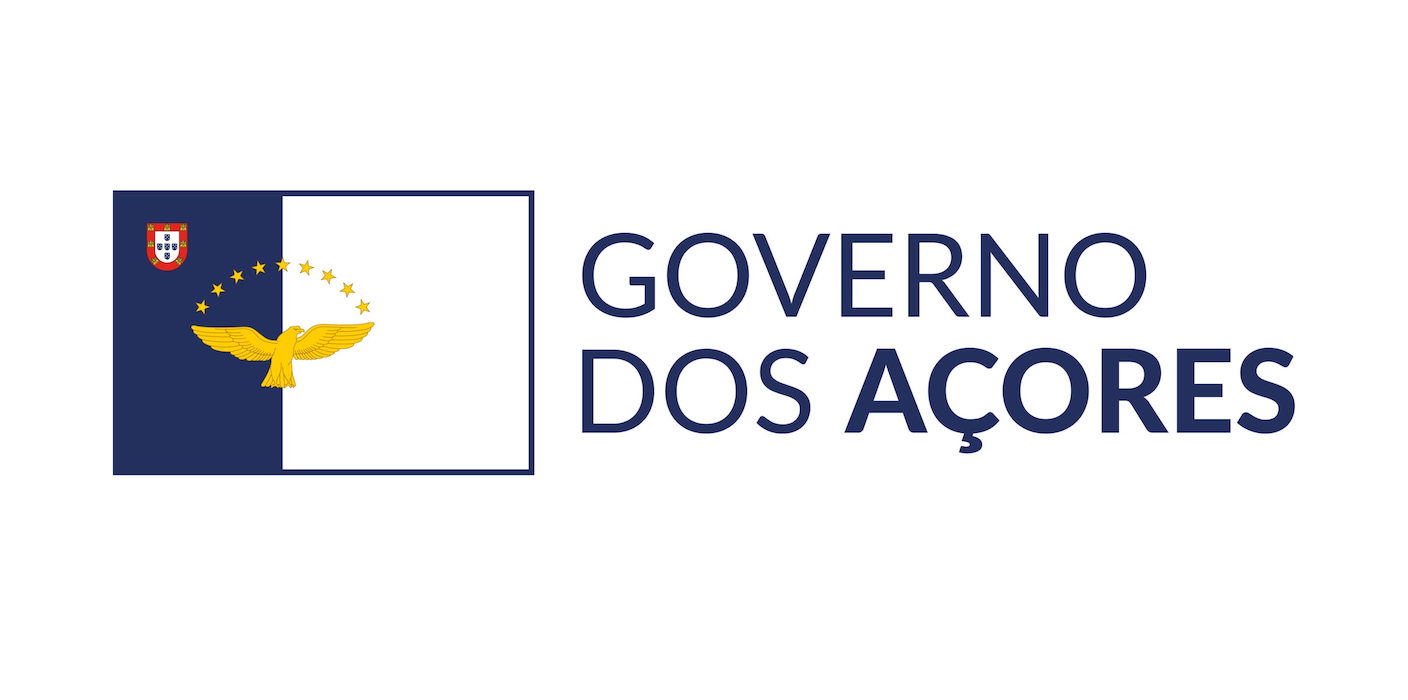
| Acronym: | M3.3.B/ORG.R.C./014/2023 |
| Cost Center: | 1172 |
| Operation Code: | M3.3.B/ORG.R.C./014/2023 |
| Title: | International Conference HATE SPEECH: HOW TO COUNTERACT? |
| Start-End: | 20-04-2023 - 20-06-2023 |
| Entidade Beneficiária Principal: | Fundação Gaspar Frutuoso |
| Gestores da FGF: | Paula Oliveira |
| Responsible Researcher: | Pilar Sousa Lima Damião Medeiros |
| Organic Units: | FCSH - Faculdade de Ciências Sociais e Humanas |
| R&D Units: | CICS.NOVA.UAc - Centro Interdisciplinar de Ciências Sociais |
| Entidade | Montante |
|---|---|
| Direção Regional da Ciência e da Tecnologia (100.0 %) | 6.000,00 € |
Main Objectives:
The covid-19 pandemic gave new space to the establishment of fear as an individual and collective experience. Uncertainty, insecurity, the perception of vulnerability and the worsening of social inequalities contributed to intensify a personal experience - largely mediated by psychological processes - which is also socially and politically constructed. This atmosphere, it is argued, has been particularly conducive to the flowering of hate speech which, fueled by social and political cleavages, becomes a tool for populist leadership and threatens the future of our democracies. This conference, held as part of a study on hate speech on social media among Azorean youth, aims to invite social scientists from different disciplines and from both sides of the Atlantic to present reflections, perspectives and research results in this field. We also hope to contribute to promoting the prevention and fight against hate speech on social networks. The conference is organized around the following thematic axes: 1. Fear and hate: the malaise of contemporary societies 2. Hate and freedom of expression: where do we stand? 3. Hate speech online: How to counter it? 4. Youth and the digital public sphere: New practices and struggles for the defense of human rights.
Project Description:
The covid-19 pandemic gave new space to the establishment of fear as an individual and collective experience. Uncertainty, insecurity, the perception of vulnerability and the worsening of social inequalities contributed to intensify a personal experience - largely mediated by psychological processes - which is also socially and politically constructed. This atmosphere, it is argued, has been particularly conducive to the flowering of hate speech which, fueled by social and political cleavages, becomes a tool for populist leadership and threatens the future of our democracies. This conference, held as part of a study on hate speech on social media among Azorean youth, aims to invite social scientists from different disciplines and from both sides of the Atlantic to present reflections, perspectives and research results in this field. We also hope to contribute to promoting the prevention and fight against hate speech on social networks. The conference is organized around the following thematic axes: 1. Fear and hate: the malaise of contemporary societies 2. Hate and freedom of expression: where do we stand? 3. Hate speech online: How to counter it? 4. Youth and the digital public sphere: New practices and struggles for the defense of human rights.


